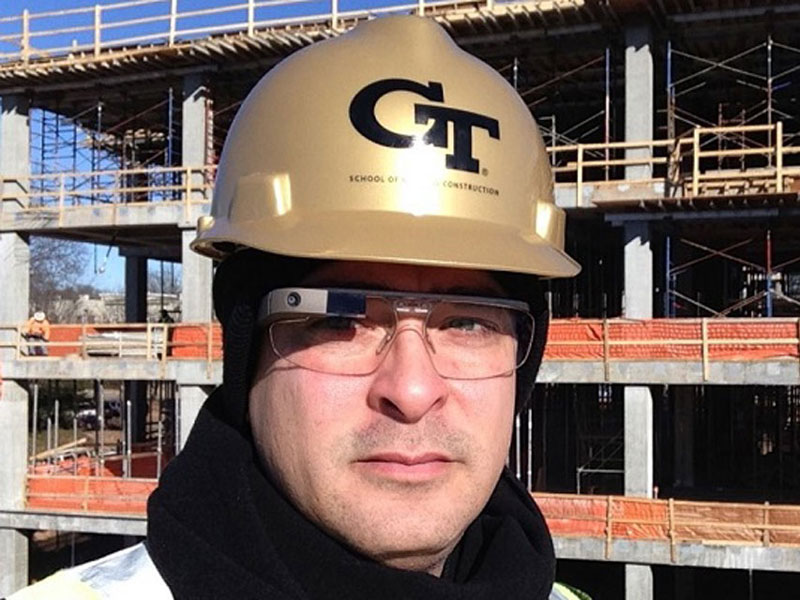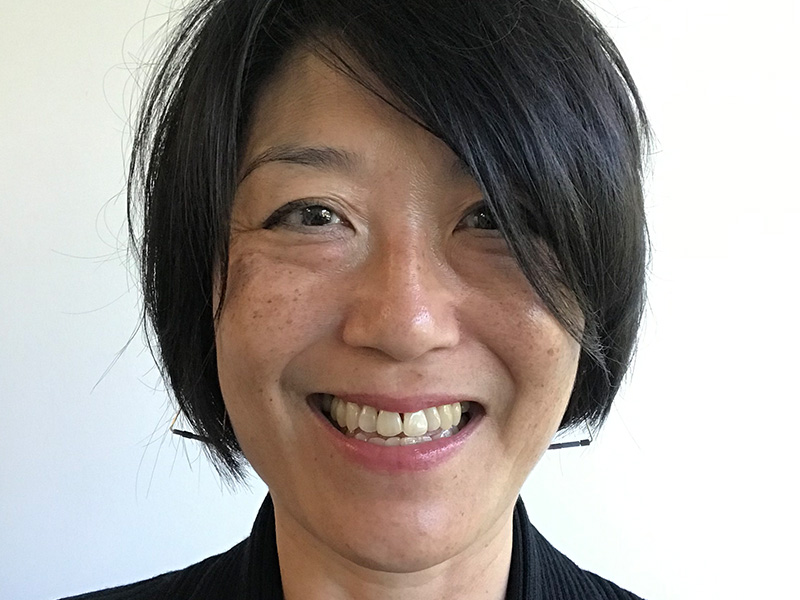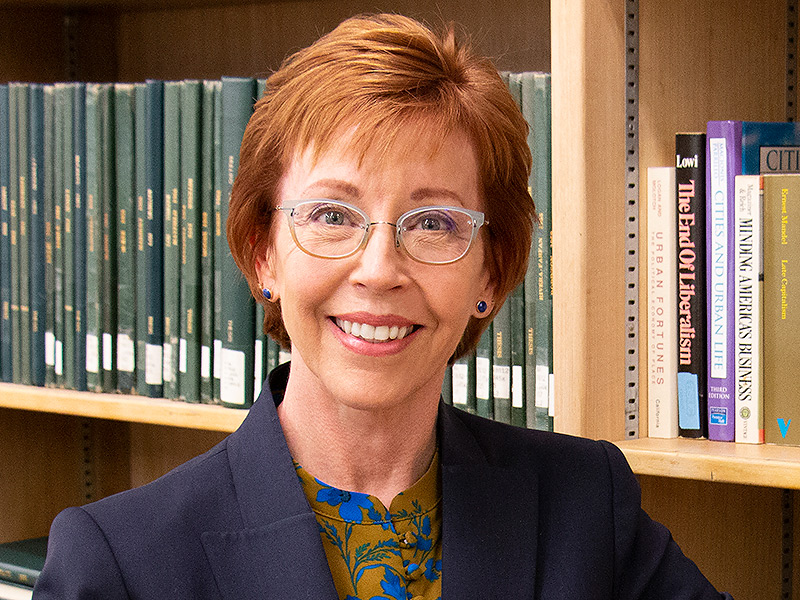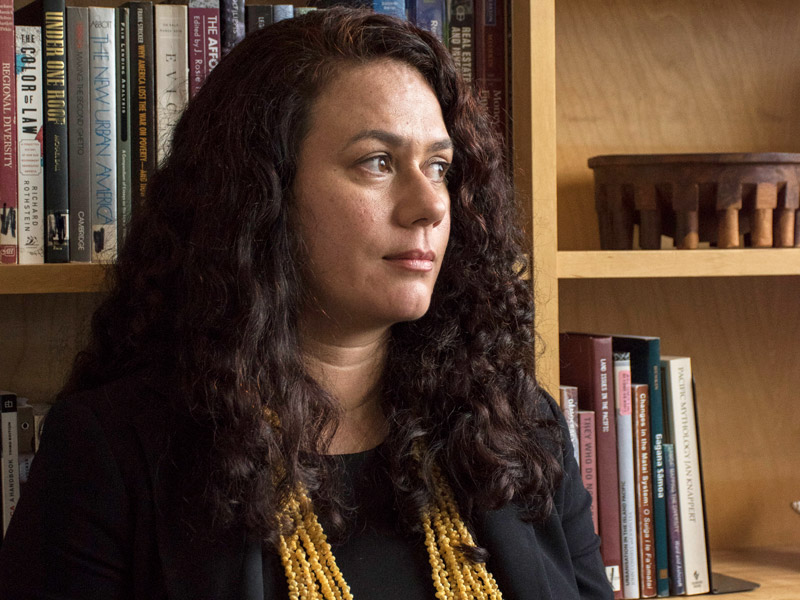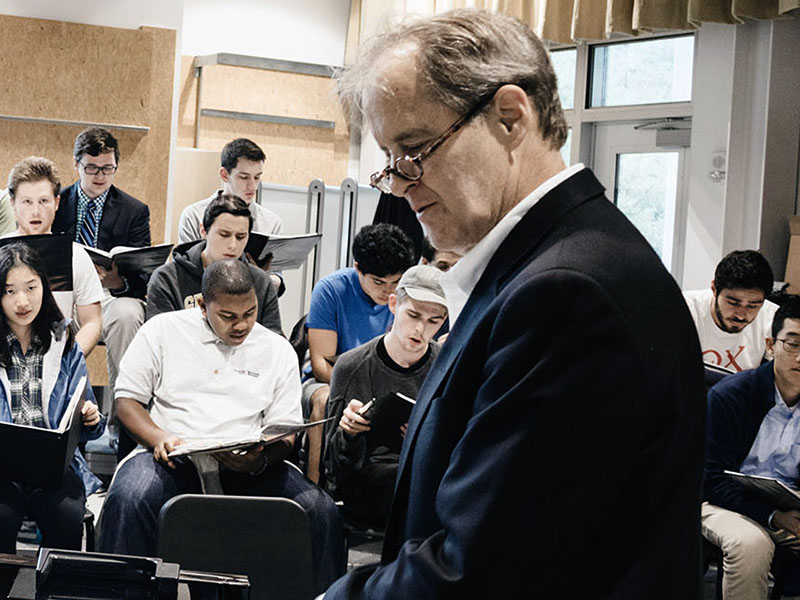In addition to establishing its goals and mission, the Council follows a more formal governance structure, so that transparency, accountability, and measurable progress mark the work of the Council towards a truly inclusive, just, and supportive community.
The following are the Council’s bylaws covering the rules and procedures governing its membership, structure, leadership and commitment:
Composition/Size: The Council shall consist of approximately 27 members, composed as follows:
10 faculty representatives, with approximately 2 being chosen from each of the 5 Schools in the College. Across the 10, the faculty representatives should represent various faculty ranks and groups. An example of possible representation is shown below*:
• 2 Full Professors
• 2 Associate Professors
• 3 Assistant Professors
• 1 Academic Professionals and/or Professors of the Practice
• 1 Lecturers
• 1 Research Faculty/Postdocs 8 staff representatives:
• 1 Staff from each of the 5 Schools and research centers
• 1 Staff from the Dean’s Office 5 student representatives:
• 1 student from each of the 5 schools, including among the 5 student representatives:
o 3 undergraduate students
o 3 graduate students Ex-Officio Members:
• Associate Dean(s)
• CoD Director of HR
• NSF Advance Professor
*Representation from College community members will vary from year to year and would be dependent on availability and interest of community members.
Selection of Members
During the spring semester each year, the Council will solicit nominations and self-nominations from among the groups above to fill any vacancies. The Council Governance and Membership Working Group will review these nominations and recommend new members to fill vacancies to the Dean and the Council Chair (described below) by the end of May, with an eye towards diversity and inclusion in all aspects. Should the Dean and Council Chair endorse the selections
of the working group, the Dean and Council Chair will issue invitations to the selected members to join the Council beginning with the new academic year (AY) in August.
Term of Members/Vacancies
Faculty and Staff Members shall serve a two-year term, renewable for a third year with the approval of the Member, the School Chair or supervisor of the Member, the Dean, and the Council Chair. After serving a maximum of three years, a member should roll off the Council for a period of at least three years. The Council encourages members to take their knowledge and skills and become an ambassador of DEI efforts in their own Schools after serving as a Council member, and also to assist the Council in an advisory capacity on special efforts as needed.
Student members’ terms would vary according to their rank. It is recognized that graduate students may have less time with the Institute and their service in the Council would consider this.
Any vacancies occurring during a member’s term shall be filled during the regular Membership recruitment period in the spring (described above), with the new member serving their own two-year term beginning when they take office.
During the initial recruitment cycle in Spring 2022, existing Council members will apply for two- year terms, and new council members will apply for a single year term, renewable as outlined above. This is to achieve a staggering of terms going forward.
Membership Commitments
Membership on the Council includes certain commitments to the Council and its work. Should a member fail to fulfill these commitments, the Council Chair and/or Dean may ask them to step away from their role as a member of the Council prior to the end of their term. The commitments of Council Members are as follows:
• Attend one meeting per month of the full council.
• Serve on at least one working group, and actively engage with that working group over the course of the month to accomplish its goals (members might expect weekly or biweekly engagement either through meetings or e-mail/other electronic interactions totaling approximately 2 hours per week on average).
Leadership Positions and Responsibilities
• Chair
o Serve as the liaison between the College leadership and other DEI units and Councils.
o Help Working Groups develop goals, and develop and use metrics, when appropriate, to make substantive headway on each of the goals.
o Develop Council meeting agendas in consultation with CoD leadership and council members and moderate these meetings.
o Address any Council membership issues, including letting members know if their attendance and action group participation necessitates stepping aside prior to the end of one’s term.
o Chair meetings of the Council.
• Vice Chair
o Assist in drafting meeting agendas and moderating Council Meetings and meet with action group leaders and Chair regularly.
o Keep meeting minutes (if not actively moderating).
o Help coordinate and plan Council events.
• Immediate Past Chair
o Chair meetings of the Council in the Chair’s absence.
o Consult with Chair and Vice Chair and serve as a resource for development of Council initiatives, agenda formulation, etc.
o Assist with Council event planning as needed.
Leadership Term/Selection and Succession (Some adjustment may be needed on first-time implementation of the bylaws. For example, outgoing Chair would not transition to past Chair if Chair has been in role for three years. In that case past Chair role would be vacant for one AY)
• The Chair and Vice Chair shall be selected to serve in those roles for a term of one AY. However, each should realize and commit to the following, in order to provide for succession and continuity on the Council:
o The Vice Chair shall assume the role of Chair in the AY subsequent to serving as Vice Chair.
o The Chair shall assume the role of Immediate Past Chair in the AY subsequent to serving as Chair.
• Members will either nominate other members or self-nominate for their role as incoming Vice Chair. Should more than one nomination be put forward and accepted, the Council shall vote via secret ballot to choose their Vice Chair.
• The Chair and Vice Chair positions should alternate between faculty and staff members of the Council (i.e. if the Chair is a staff member, the Vice Chair/Chair-Elect shall be a faculty member, and this alternation shall carry forward from AY to AY).
Leadership Qualifications
• Chair
o Demonstrated leadership and expertise in the DEI domain (attained either through formal training or experiential knowledge).
o Demonstrated ability to initiate and instill changes in normative/community culture towards greater transparency and improved climate.
o One year as Vice Chair.
• Vice Chair
o Active participation on the CoD DEI Council for at least one year.
o Demonstrated leadership and expertise in the DEI domain (attained either through formal training or experiential knowledge).
o Demonstrated ability to initiate and instill changes towards greater transparency and improved climate.
Working Group Structure and Guidelines
The Council shall establish the following standing working groups, with Working Group Leaders appointed by the Chair (or by consensus of members of the working group):
o College Climate:
■ Periodically assesses DEI climate in the college when the need arises, for example when climate survey results are shared by the Institute.
o Communications & Community Engagement:
■ Collects DEI related event information for posting on the College DI Council Website and assists in receiving requests for support for DEI related events and promoting such events.
o Curriculum:
■ Collects and shares best practices related to how DEI topics can be address through curriculum innovations.
o Council Governance and Membership:
■ Assists in processing the selection of council members as terms expire or when vacancies occur.
■ Leads review and revision of bylaws when needed.
o Recruitment and Retention of Faculty, Staff, and Students:
■ Surveys College for best practices in recruitment and retention to share with the College community through the DI Council Website.
■ Receives and considers requests for support of recruitment efforts (funding for position advertisement for example) from College community on a periodic basis.
Standing working group activities may vary from year to year and not all standing working groups may be active at the same time. The purpose of having these standing working groups if to have a defined role and structure that can be called upon when needed. Some tasks for the standing working groups would be on a periodic basis.
The Council shall also be able to establish ad-hoc working groups to carry out certain tasks and address needs in the College as they emerge. These may be established at the discretion of the Dean, the Chair, or by majority vote of the Council.
Working groups should meet monthly and accomplish the work needed toward achieving their goals.
Each standing working group and active ad-hoc working group should report to the full Council at the monthly Council meeting.
Working groups should link their activities with measurable outcomes when possible.
Council Support
The Dean shall appoint a staff member from the Dean’s office to be designated as the administrative support person for the Council, who can handle scheduling full council meetings, audio/visual support, event reservations, and other higher-level assistance when needed.
Adoption and Amendment of Bylaws
The Council shall adopt these bylaws by majority vote. Thereafter, the Council may amend these bylaws as needed with review and recommendation by the Council Governance and Membership Working Group, and a 2/3 vote of the Council membership.
